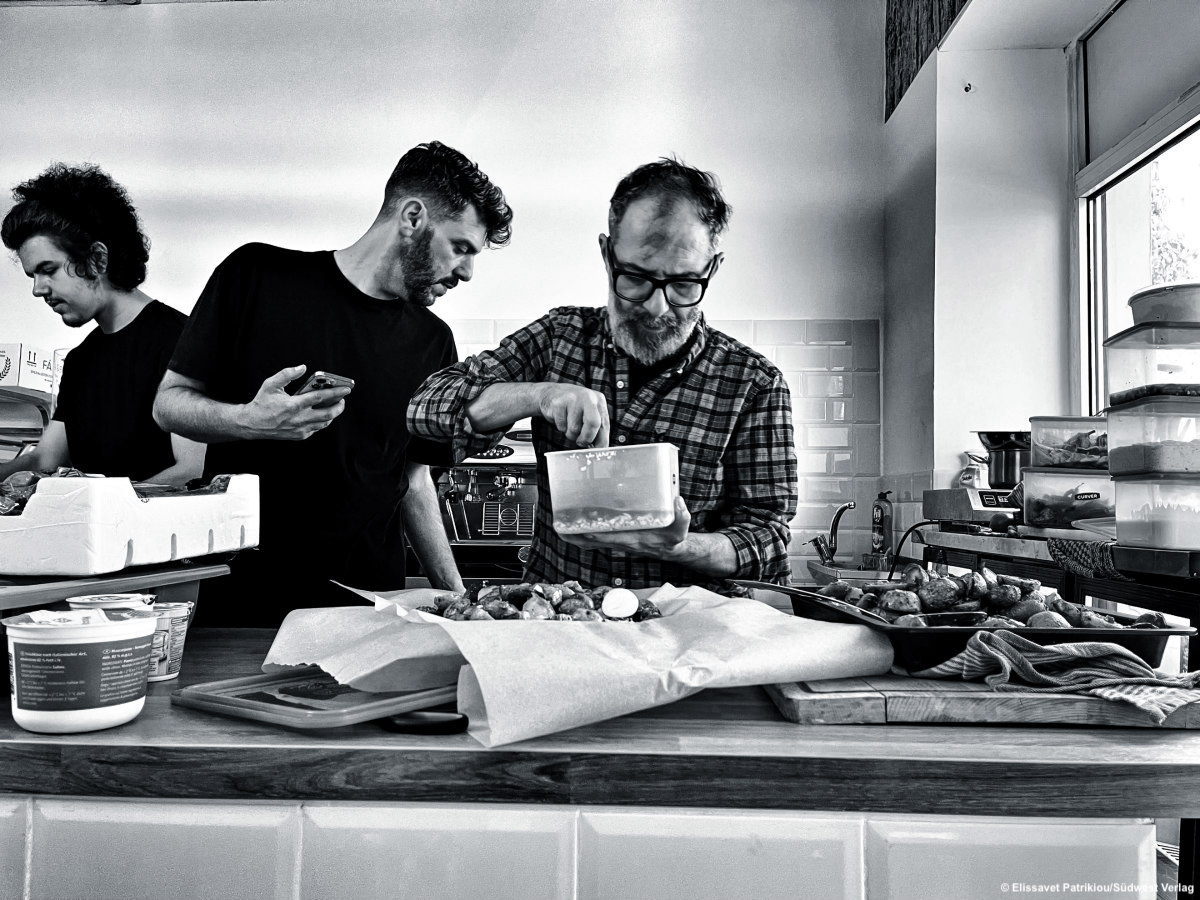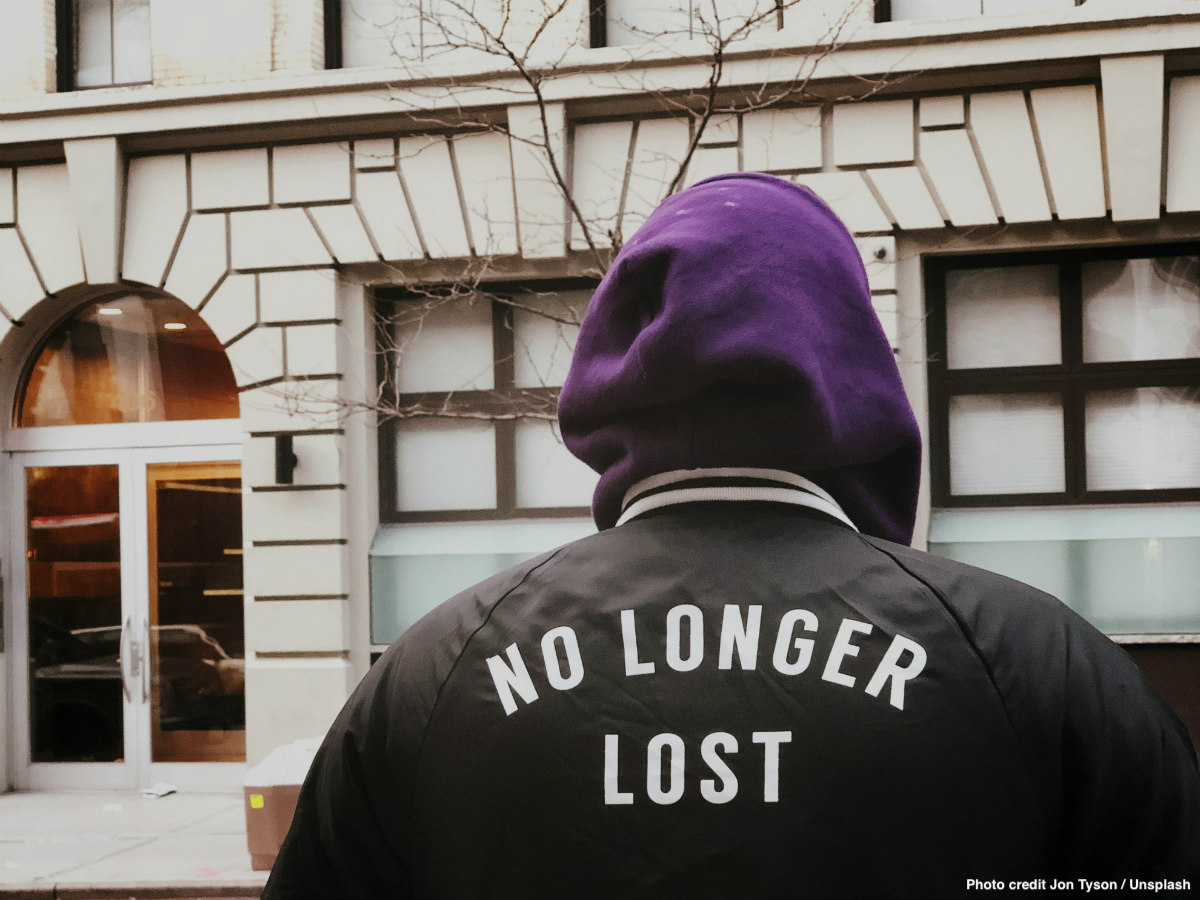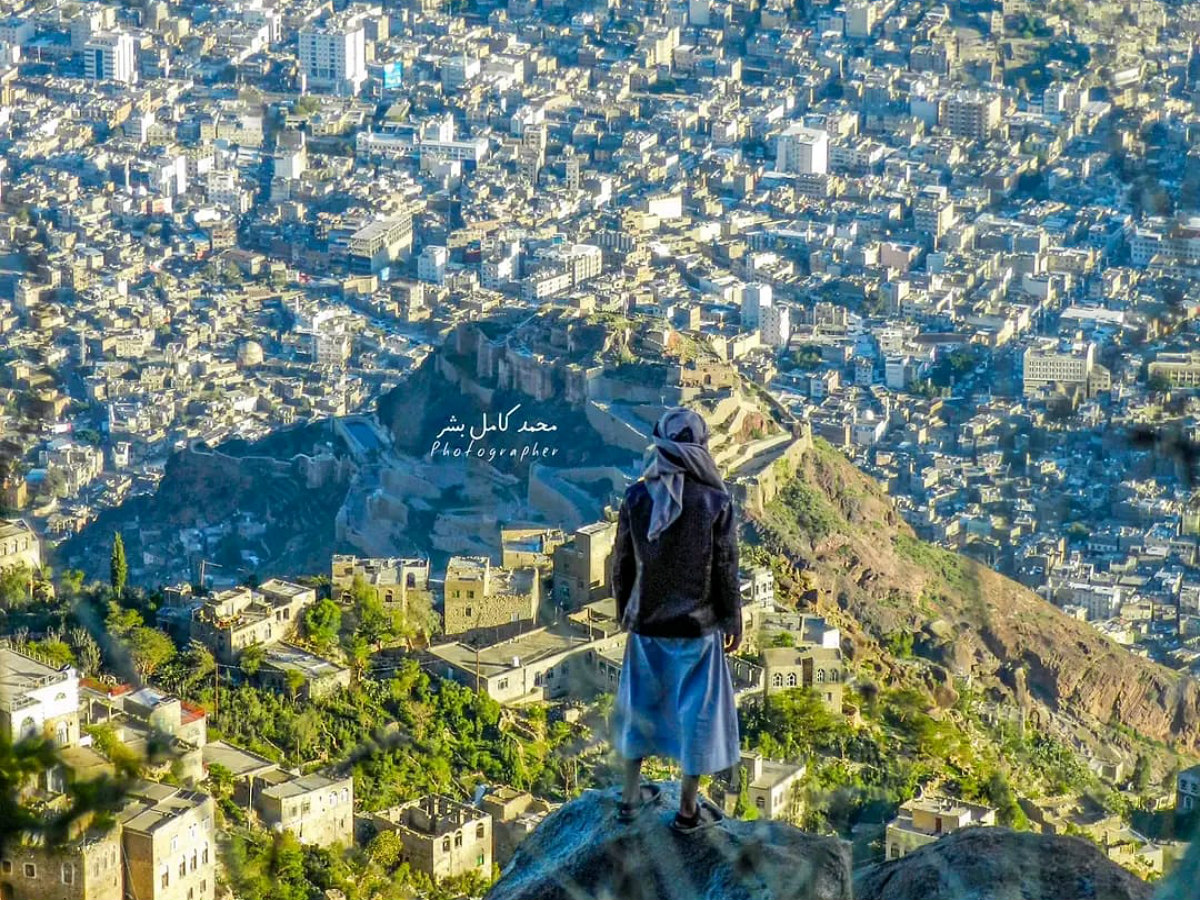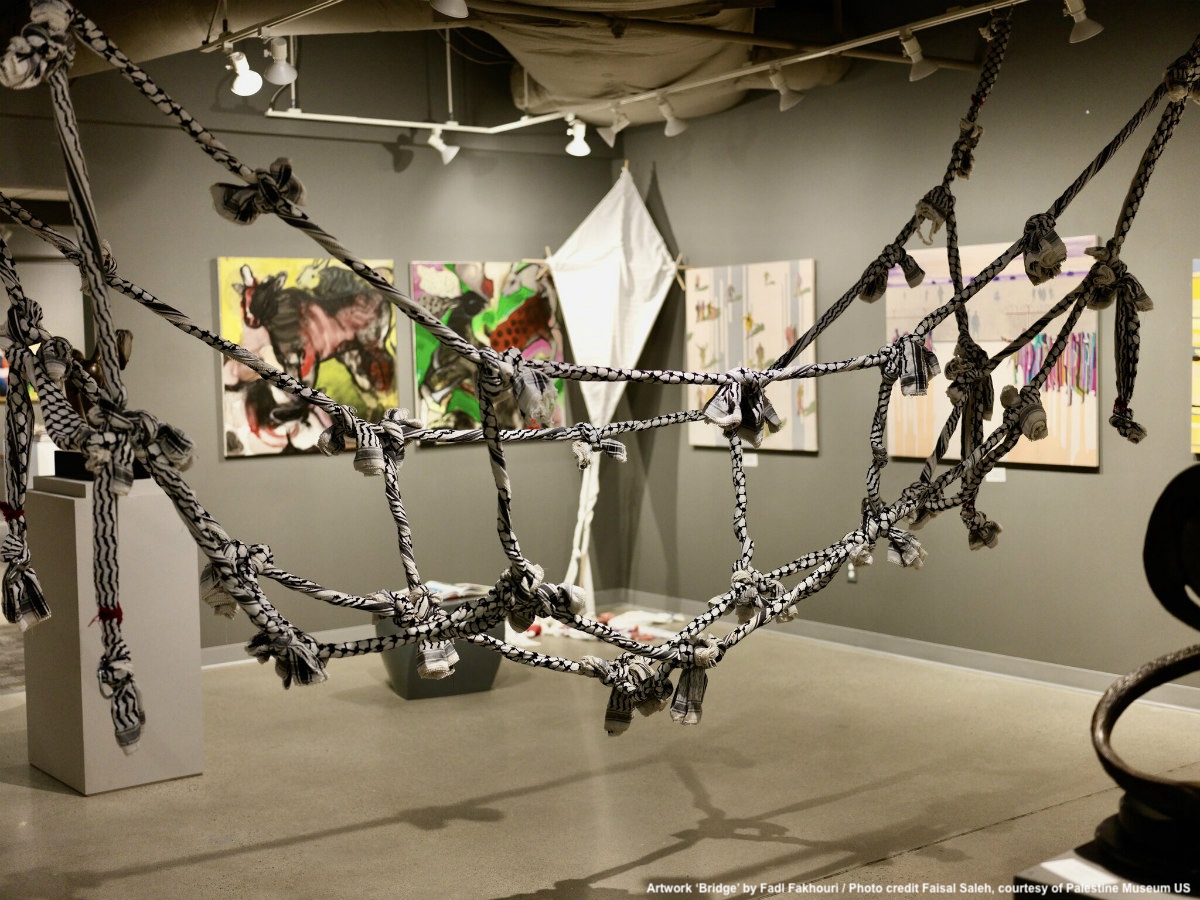It is 10 am in the morning, and the 4th day of the Gregorian New Year brings gusts and rain in Berlin. The restaurant Kanaan on Schliemannstrasse in Berlin’s Prenzlauer Berg district begins to resume its routine. Regardless of the festive break, the work has piled up. Since Israel’s war in Gaza, this Israeli-Palestinian restaurant has been fully booked for weeks. While carnage and suffering are engulfing both Israelis and Palestinians, Kanaan’s owners have managed to create a place for people to escape the news, and feel some sense of hope.
The name of the restaurant speaks for itself: Canaan, an ancient region bounded on the west by the Mediterranean sea, and on the south by the desert, was the land of Ibrahim, the father of the Jews, the Muslims, and the Christians, and where all used to co-exist. Nowadays Canaan lies beyond the state boundaries of Israel, Lebanon, Palestinian territories, western parts of Jordan, and southwest parts of Syria.
“Make hummus, not war,” reads a rainbow-colored banner with a big peace sign hanging outside the restaurant. The wind sways the banner back and forth. One of the restaurant owners, the Israeli Oz Ben David, looks at it worriedly for a moment, then pulls down the banner’s protective film, goes in and greets his Syrian chef and the rest of the Kanaan team. Watching the handshakes and hugs, I listen to some exchange of words: “Were you able to recover?”, “Nice to see you!” “What does bowl mean in Arabic?”
Setting up my encounter with Oz took a little preparation. Since the war broke out, the teamwork of Kanaan has immediately been seen by many as a place to win the narrative battle in a world where we’re expected to pick a side – and where others seem bereft of ideas. That includes the German Bundespresident, Frank-Walter Steinmeier, who invited Kanaan’s owners to join a round table at Schloss Bellevue.
Two months later, I am finally at Kanaan drinking Arabic coffee with Oz. He married a German man and lives in Berlin; his Palestinian business partner, Jalil Dabit, used to commute between Ramla, his hometown where his wife and son live, and Berlin. But for now, he has decided to stay in Ramla with his family as long as the war continues.
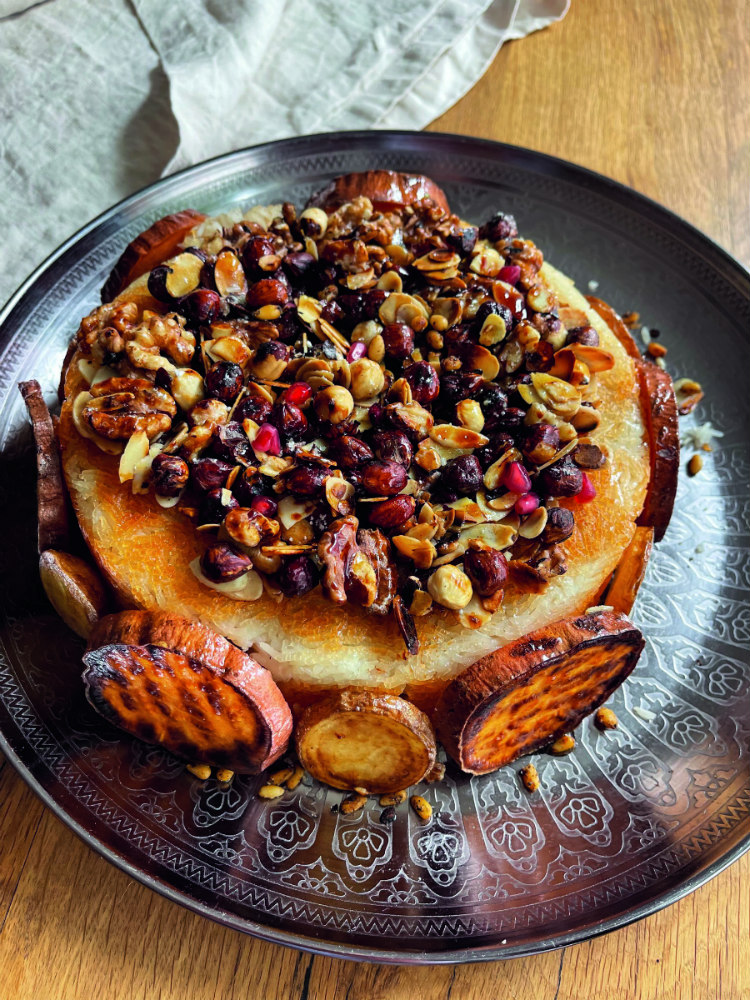
Jalil grew up as a Palestinian Arab in this small town between Tel Aviv and Jerusalem, and helped in his family’s Arabic restaurant from an early age. Ramla had an Arab-majority population before most were expelled during the 1948 Arab–Israeli War. The city was subsequently occupied by Jewish settlers, ending up with a mixed demography of currently approx. 76% Jewish and 24% Arabs. Despite its growing population, restrictive measures have continued to undermine the town’s prosperity with a high crime rate.
Not far from Ramla, in a village in the West Bank, Oz spent his childhood in a religious and politically right-wing settler Jewish family and during his time in the Israeli army fought in Gaza. From an early age, he saw men going out of their houses with weapons to defend themselves from Palestinians throwing stones and Molotov cocktails. In the West Bank, then as now, Israeli forces carry out regular raids, while attacks by Jewish settlers are also common. At the age of 11 years old, Oz’s father took him outside to the water container of their Palestinian neighbors and shot at it leaving them without any water.
“When I met Jalil [in Berlin] I knew we wouldn’t agree on many things,” says Oz.“I would have never imagined many of the things we did in the last eight years together. A settler right winged Israeli and a Palestinian, right?” he smiles. What immediately connected them was their enthusiasm for good food – their love for hummus, for tabulé and couscous.
***
The Israeli-Palestinian menu of the restaurant has leveraged their grandmothers’ culinary secrets. They have also used this food legacy to create new dishes inspired by the smells and tastes of their childhood. “We cooked together with our families and asked countless questions – we didn’t leave out the past either. There was a lot of laughter, but also a lot of crying. Above all, it was the shared laughter and humor that motivated us,” wrote Oz and Jalil in their recently published book Kanaan – Dishes and Stories from Israel and Palestine.
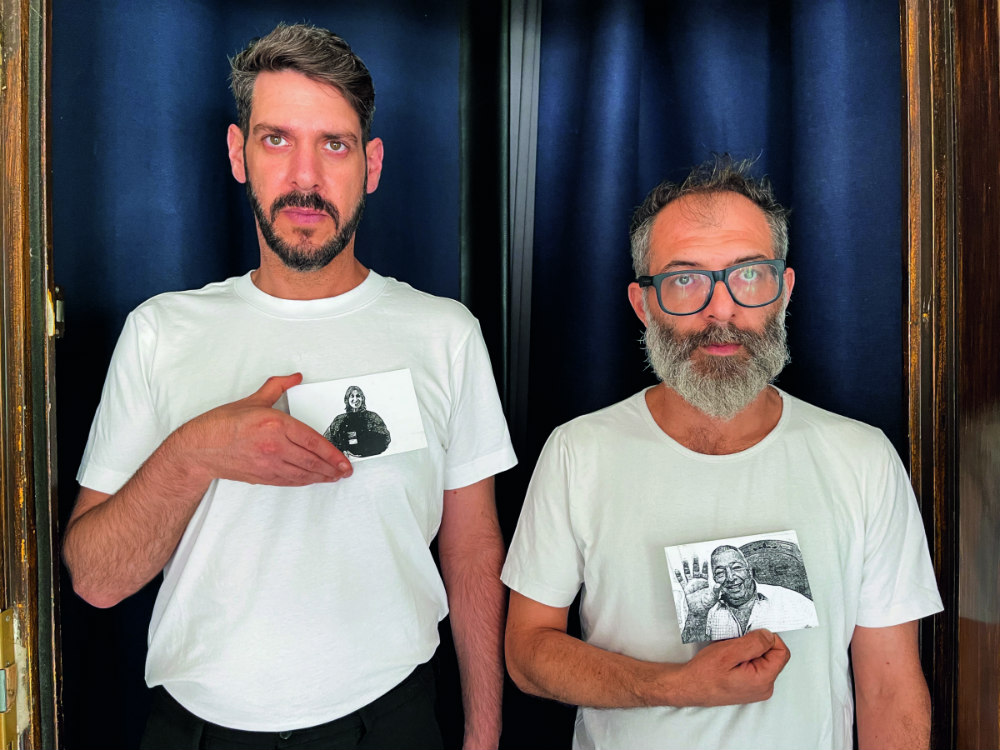
Their cookbook is an honest compilation of family stories and recipes, with an attention to detail that hints at the complexity of the Mediterranean food in the Levant region: “While writing the stories, we found out we have more in common than we realized. Our editor often couldn’t tell which part was from whom.” Perhaps their stories tell us something about how Mediterranean food is a hilarious “reworking of relations between peoples, forged through conquest, migrations and trade at different times.”
Not too many know that the history of pasta in Italy, although controversial, was most likely introduced by Arab traders in Sicily throughout the 8th and 9th centuries. Arabs masterminded pasta as a way of conserving cereals for long periods, such as durum wheat, used to make semolina flour. The Mediterranean cuisine, as we know it today, has many roots from the furciferous Levant region, cradle of civilizations and religions.
But times have changed. The consequences of continuous conflict and carnage are tragic for this region wrecking its reputation, culinary and otherwise. Often companies refuse to sell Israeli or Palestinian products, especially if the product is from the West Bank area. Jalil came to Oz’s PR agency with the idea to import tahini and sell it in German supermarkets, but to their surprise, one of the big retailers in Germany replied: ‘Why would we import a product that is more expensive and comes with baggage if we can get it from Turkey?’ “So I told Jalil that if this is the issue, what about me as a partner? We could build an Israeli and Palestinian brand,” says Oz.
After a sip of coffee, Oz tells me that “There was no political idea or vision. It was nothing but a business decision,” explaining how the idea of a restaurant came about. “I like to tell that because many people imagine peace as butterflies and fairy girls flying in the air with rainbows, but sometimes peace is all about business. A win win for both sides.”
The beginnings weren’t easy. “We were told you wouldn’t find any people. Nobody wants to mess up with their community by working for you.” They felt the pull to do something different like no other restaurant. “It couldn’t be an economic thing,” Oz pauses, and adds, “so we decided to invest in our workers.”
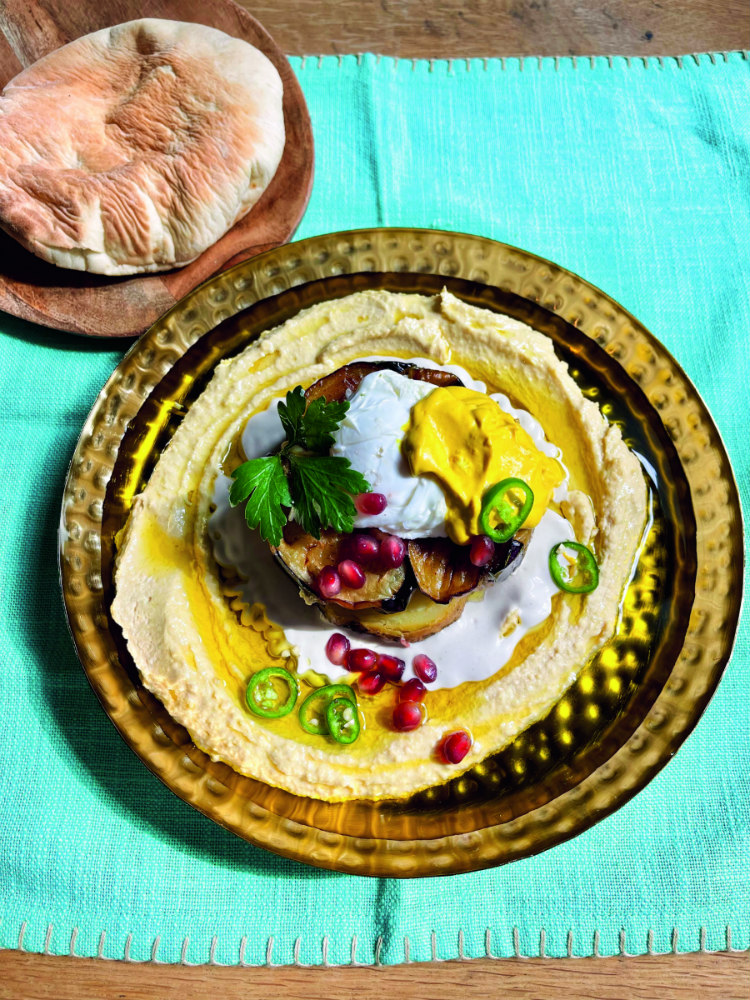
Higher wages and a tolerant working atmosphere convinced people to apply at the only Israeli-Palestinian restaurant in Berlin. In some ways, there are frictions among the team like everywhere else. But conflicts are unashamedly resolved: “Our staff are allowed to feel everything and express it openly,” explains Oz. He tells me the story of one of the cleaning workers, an old gentleman, who complained to him right after his start with Kanaan, that he couldn’t work in a place where trans people and homosexuals are part of the team. “I told him: ‘That’s not haram.’ And then I asked him: ‘But do you otherwise like working here?’ The man nodded. And then I said: ‘Isn’t it our business what we do in our beds? We are all here to live freely as we want.’ The man stayed. And that’s not all. When another employee, who is openly trans, had a housing crisis, she was temporarily living with that employee’s cousin.”
***
Oz is convinced that what works for them in Kanaan can also work on a large scale: peace as a kind of business deal through which both sides win without having to give up their narratives or make any compromises. He himself believes in the idea of “A Land for all”. The plan crafted by journalists and activists has the premise that the area between the Jordan River and the Mediterranean Sea is one land with two people who cherish their shared homeland beyond longstanding disagreements. It proposes a two state solution of two distinct states within a confederal system and envisions confederal institutions to manage common issues, including security.
I agree with Oz when he says that it is not a plan that will work immediately. Given the underlying emotions and grievances, people from both sides can’t see things with the proper distance anymore. People get so lost in details, Oz says, that they dehumanize the other side and don’t see the bigger picture, which is that both sides are cruel to each other.
“We grew up thinking that this [dehumanizing] is the way that we protect our country…. and it becomes our only concern.” Oz can find relief in the fact that his own story is proof that it’s possible to overcome transgenerational trauma, despite the graver circumstances now, laying “the foundation for future generations to grow up without hate.” “I now live in Berlin, although my grandmother was persecuted by the Nazis.” But the difference now is exhaustion – a longing for peace after over 75 years – and scope for a major change.
After the events on October 7th, Kanaan remained closed for four days: “I doubted everything. I was so overwhelmed by what happened to my people, to my family. I have families in kibbutzim – cousins and uncles, close family. In those days I couldn’t find the strength and the power to believe anymore.” Yet, in the worst moments, Kanaan proved again that out of suffering comes meaningful lessons.
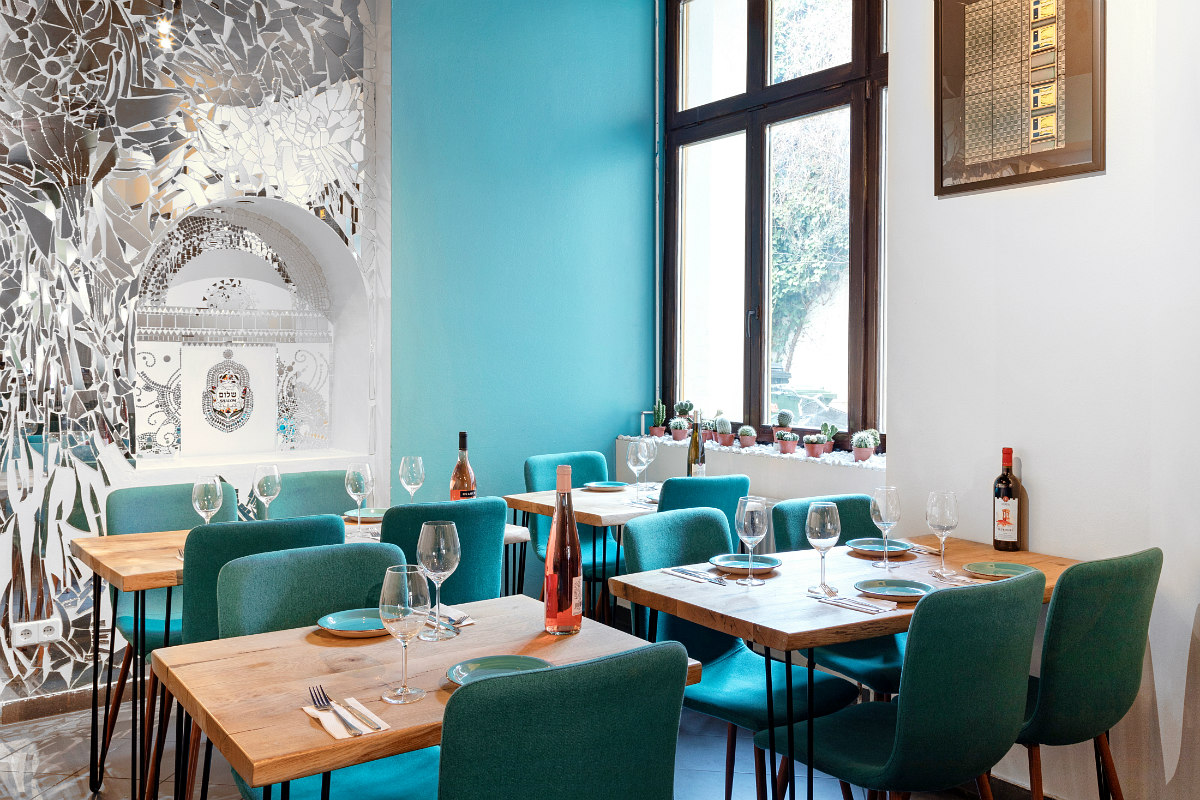
“What brought me back was the fact that Jalil was taking care of me so much and calling me again and again and never left. Also members of the team. They were worried about me, came and hugged me. This kind of feeling made me return and understand that I need to try to see beyond my own pain, my own hurt ego.” “You need to know how to lose. It’s a kindergarten lesson. Sometimes you lose and you need to learn and grow from that,” a message that Oz would like to send to Israeli leaders.
The conflict quickly spilled across borders with a rise in anti-semitism at Universities and other communities in countries around the world, including Germany, where the public began to have strong opinions, enraged by the devastation of Gaza and the massive Palestinian human toll. Oz realized that places like Kanaan are now more needed than ever before. “Exactly on the day that most other Jewish businesses closed for security reasons after a call from Hamas to mobilize the Arab and Muslim world against Israel, we opened the doors again because fear must not win.” When the Syrian chef, “someone from the other side,” took Oz in his arms to welcome him back, he was once again sure that he was doing the right thing.
As Oz and Jalil were invited by the German President at a round table in his residency on the topic “War in the Middle East: For peaceful coexistence in Germany!”, who expressed his concern about the surge in antisemitic attacks in Germany, Oz responded by describing the need to change the narrative.: “You have to stop thinking that if you will demand from people not to be anti-semitist, it will change. You need to change. You, Germany, need to learn from that.” Oz explained that as long as Germany doesn’t reflect on its racial profiling and doesn’t change its asylum policy that makes it difficult for immigrants to integrate in Germany, they cannot expect immigrants to get rid of their antisemitic sentiment.
During our conversation, Oz constantly receives messages from his family in Israel and keeps checking his cell phone – as focused as he is on talking about peace, you can tell he’s constantly on alert. He believes in peace, food and business. Even though many of his friends have broken off contact with him. It’s a long way to go.
